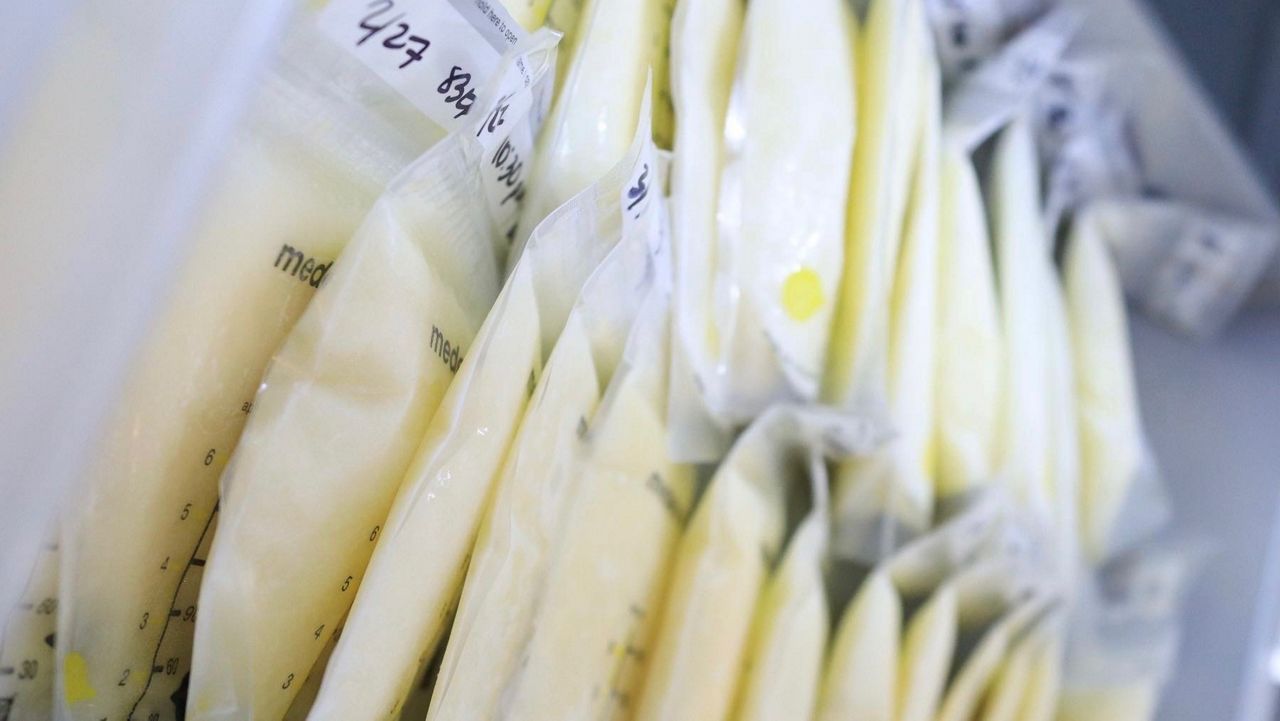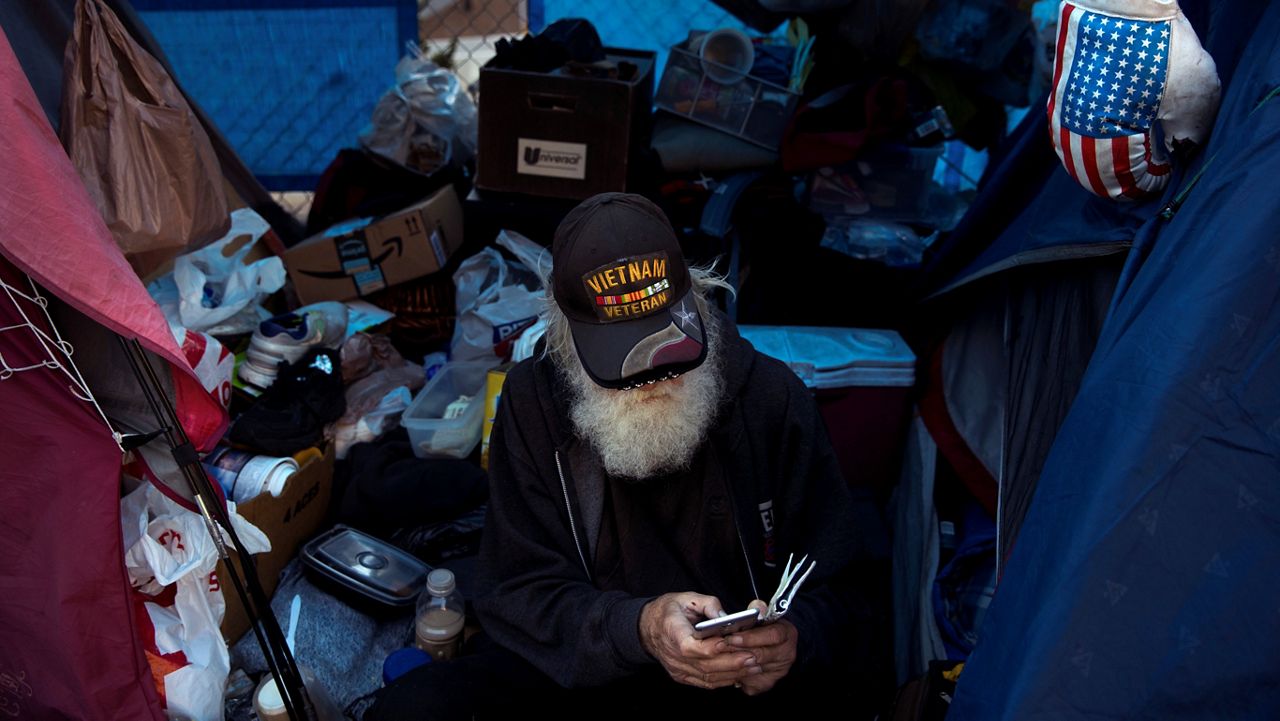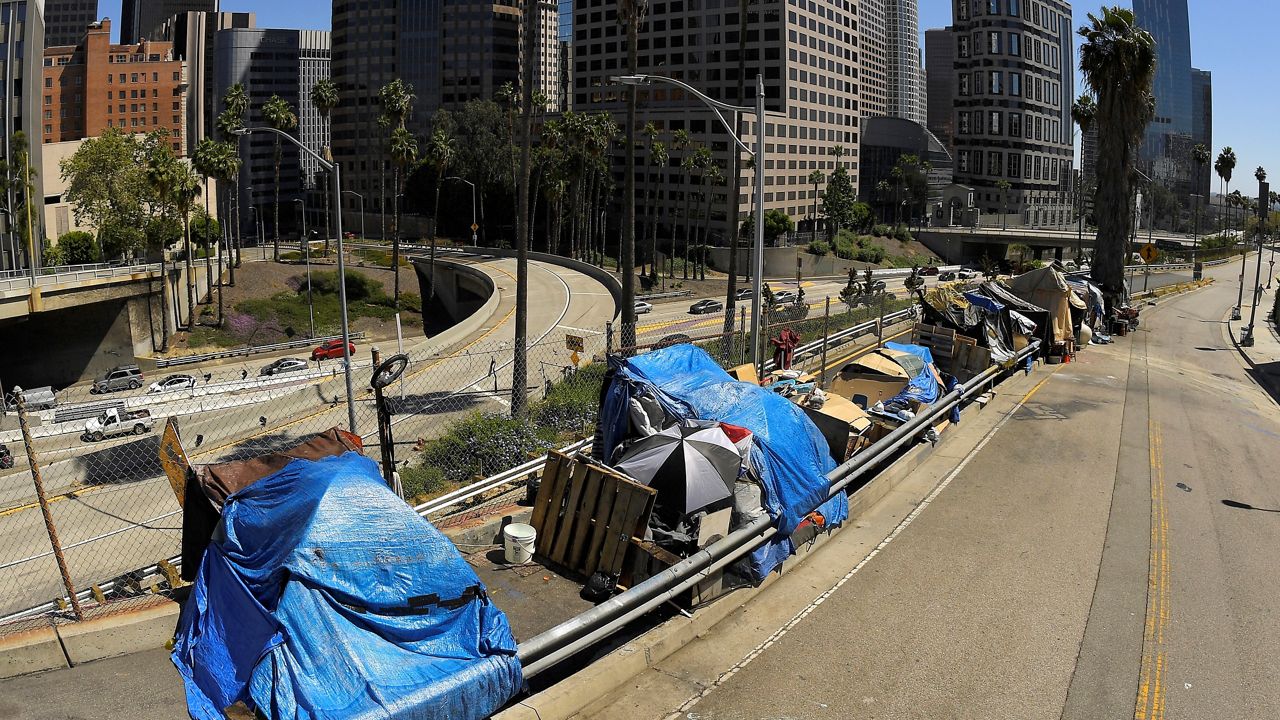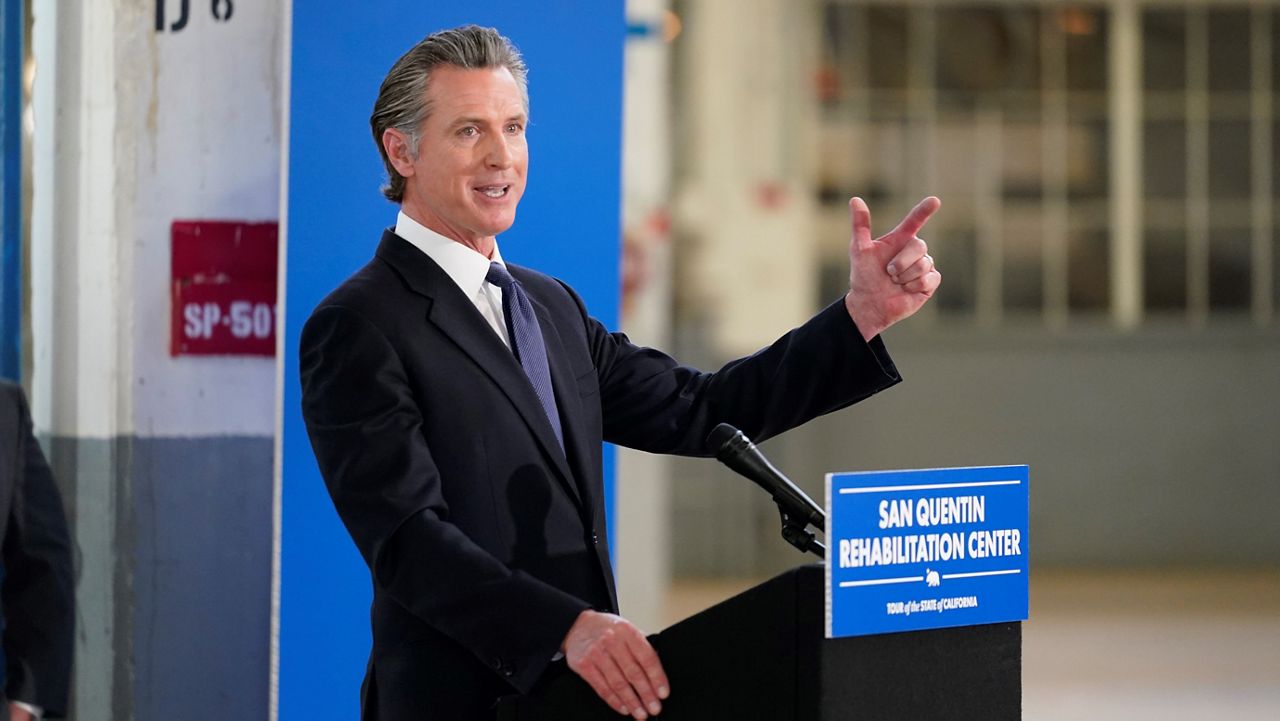Dialogue and Pasjoli are two upscale restaurants in Santa Monica that have shifted completely to fulfilling takeout orders as Angelenos are still under a stay at home order due to the COVID-19 pandemic. Ann Hsing, Chief Operations Officer for both restaurants, explains how Dialogue, which normally serves between 18- and 22-course meals with wine pairings, created its three-course takeout pack.
“It usually starts with a soup or a salad. It’ll go into a main course. And then a dessert, which is actually a slice of cheesecake, something that Chef Dave [Beran] is really well known for,” Hsing said. “It’s the only thing on the menu that’s stayed constant since the first day. We really thought in times like this, where it’s really uncertain and it’s challenging for everyone, a bit of cheesecake can help everyone feel better.”
Pasjoli, an “elevated neighborhood bistro” that aims to make you “feel like you stepped into France,” is now selling meals that you can cook at home.
RELATED:
- Ask Ariel: Your SoCal Coronavirus Questions Answered
- Coronavirus Updates: What to Know in SoCal
- How Sugarfish Sushi Saved All 750 of Their Employees
“We’re doing multi-course meals that are ready to heat that you pick up at any point from 4-8 p.m.,” she said. “Take it home, put it in the refrigerator, and then when you’re ready to enjoy it, you just heat up your oven and place the whole thing in to heat up. It makes it easy.”
The takeout meals from Pasjoli are mostly French-inspired, except for one signature dish.
“We have our fried chicken dinner on Sundays that’s very popular. I mean who doesn’t love fried chicken?” she said.“We have our fried chicken dinner on Sundays that’s very popular. I mean who doesn’t love fried chicken?” she said.
Pasjoli’s sous chef, Kyle Kawashima, used to make fried chicken once a month for the staff to enjoy.
“It’s just our most favorite family meal there at the restaurant, so we thought this was a great opportunity for him to bring that same comfort level into the homes of our guests,” Hsing said.
Hsing spoke with Chef Dave about the restaurants’ brands before designing their new takeout menus.
“Before our brand maybe was elevated, forward-thinking, pushing the envelope, fun and playful,” she said. “And I think now... we’re trying to be comforting and inviting and make people feel like they’re still welcome, make people feel just warm and fuzzy inside.”
Dialogue is serving pot pies because they bring back fond memories for the restaurant’s chef.
“[Chef Dave] grew up playing ice hockey, and one season when they went to the state championship, it’s because he believes he was eating a pot pie before every single game,” Hsing said. “His dad actually had to buy a toaster oven and bring it around to every single game with him. So to him, the pot pie is a sense of comfort. It means something positive is going to happen. So that’s how he chose to put it on the menu for this week.”
Revenues at Dialogue and Pasjoli are down because dine-in customers are not allowed during the COVID-19 pandemic.
“On a really great night, we would hit 15 percent of our normal revenue numbers,” Hsing said. “And in the restaurant industry where profits are really slim, even if we were operating at 15 percent capacity, it just wouldn’t be making ends meet.”
Restaurants like Dialogue and Pasjoli have furloughed some of their staff due to the roughly 85 percent drop in revenue.
“At Dialogue, we had to cut our staff by half, which was already a nine, 10 person staff, so we’ve got about five to six people working,” she said. “And at Pasjoli, all of my hourly staff have been furloughed. We’re down to six managers, and my hourly staff basically work one shift every two weeks.”
Hsing said it “wasn’t an easy decision” to furlough some staff members. However, she said keeping the restaurants open instead of closing them during the pandemic is good for a few reasons.
“We wanted to make sure that we have some sort of revenue [and] that they have a place to come back to work at when this is all said and done,” she said. “It’s not like they can leave our restaurant and go to another restaurant to work because all of our industry peers are facing the same issues. So with this model, at least they’re able to get some sort of wages.”
She said luckily in California, furloughed employees can apply for unemployment because they have reduced hours.
“It was really important for us to keep them on payroll because our restaurant pays fully for their healthcare benefits, so keeping them on our payroll means that we can still pay for their health,” she said.
Hsing said the restaurants stayed open to support their guests too.
“If we were to leave our guests only to be able to get their food from the grocery store, I feel like because we have the ability to provide this service, it is a little bit of our responsibility to provide this service so that people aren’t overcrowding the grocery stores,” she said.
Let Inside the Issues know your thoughts and watch Monday through Friday at 8 and 11 p.m. on Spectrum News 1.












